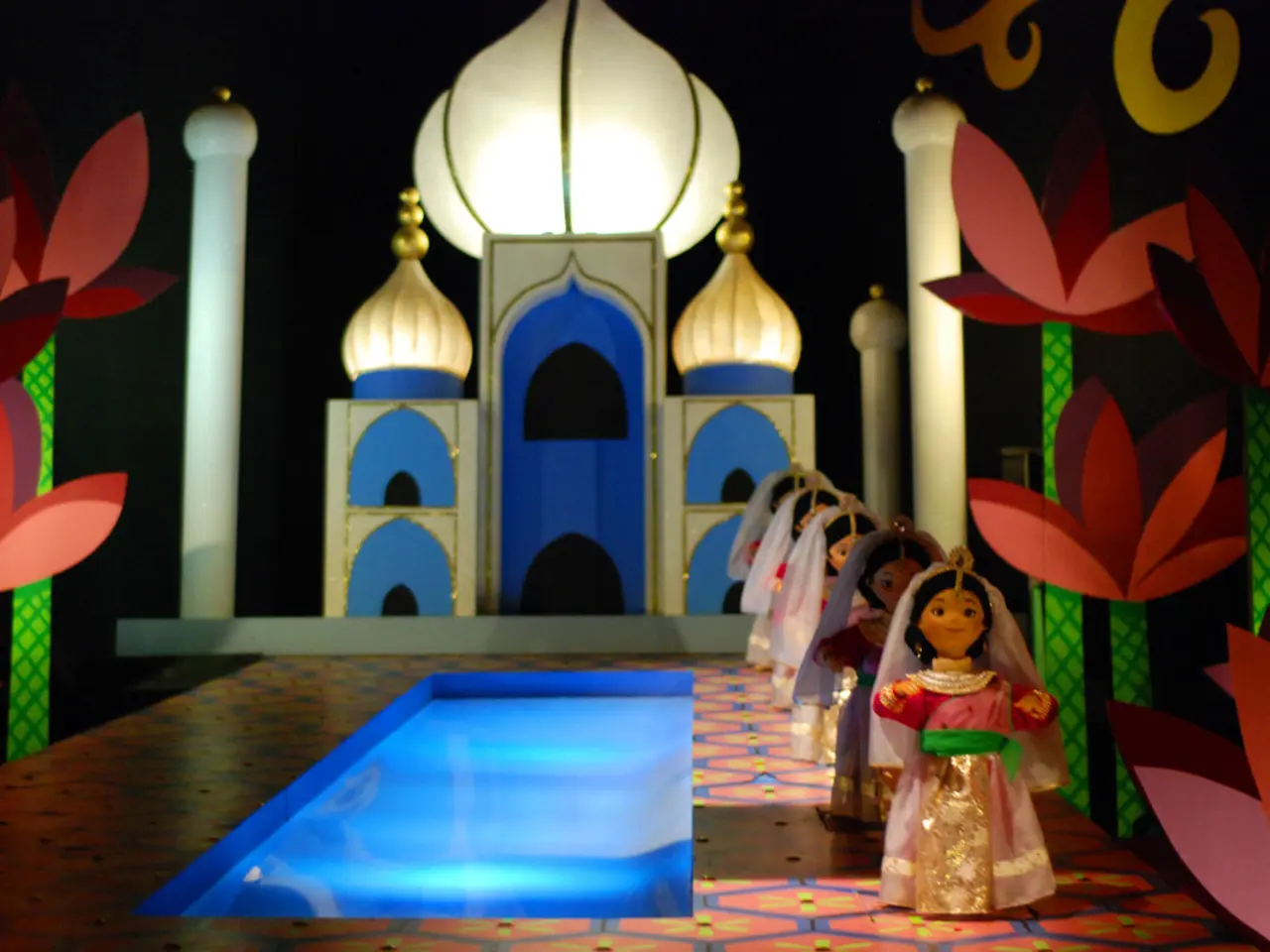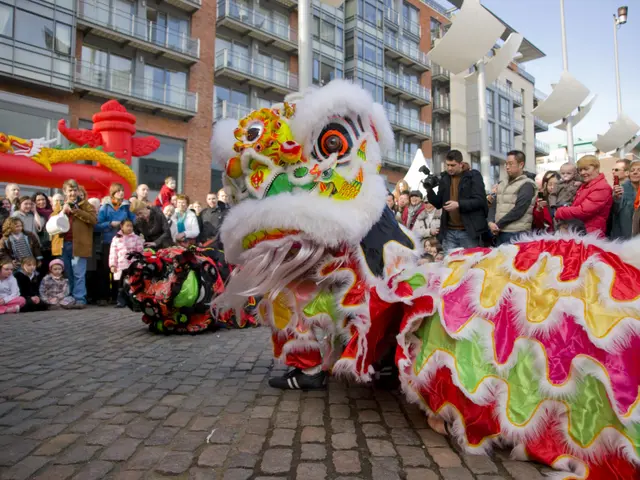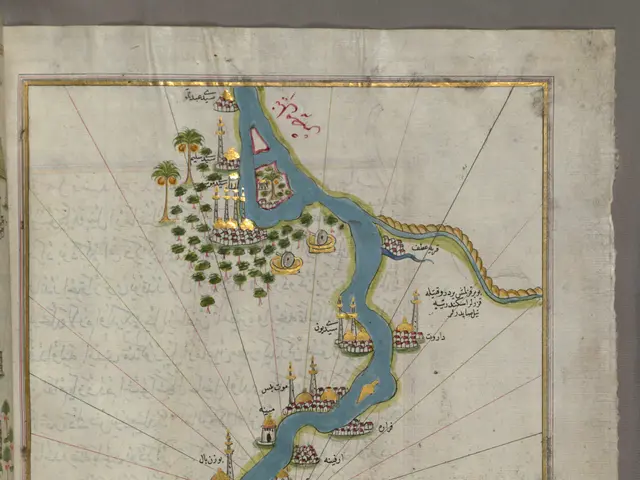Durga Puja, a revered festival in Kolkata, has been recognized as a UNESCO World Heritage Event.
Durga Puja, a significant cultural celebration in Kolkata, India, has been recognised as an intangible cultural heritage by the Intergovernmental Committee of UNESCO's 2003 Convention. The inscription took place during the 16th session held in Paris, France from 13th to 18th December 2021.
This recognition comes as a testament to Durga Puja's rich cultural aspects and traditional practices that reflect the community’s religious and artistic heritage. The specific cultural elements include multidimensional rituals such as Bodhan (Sasthi), Nabapatrika Snan (Saptami), and Kumari Puja (Astami).
Bodhan is the awakening ritual of Goddess Durga, linked mythologically to Lord Rama’s invocation of the goddess to gain blessings for his battle against Ravana. Nabapatrika Snan involves the bathing and decoration of a banana tree symbolizing Lord Ganesha's wife, reflecting agrarian beliefs and prayers for good fortune, especially for farmers. Kumari Puja is the worship of a young girl as the human incarnation of Goddess Durga, symbolizing purity and the goddess’s living presence during the festival.
Durga Puja also features the crafting of elaborate clay idols of Goddess Durga with ten hands, a key artistic tradition carried out by skilled artisans in Kolkata. The festival includes the construction of intricately designed temporary structures called pandals, which host the idols and rituals.
Union Minister for Tourism and Culture, G Kishan Reddy, stated that this inscription is a recognition of India's rich heritage, culture, rituals, and practices. Prime Minister Narendra Modi hailed UNESCO’s decision to inscribe Durga Puja as a "matter of great pride and joy for every Indian".
Durga Puja transcends the boundaries of caste, creed, and economic classes, joining the people together in its celebration. With the inscription of Durga Puja in Kolkata, India now has 15 intangible cultural heritage elements on the prestigious UNESCO Representative List of ICH of Humanity.
The Committee commended Durga Puja for its initiatives to involve marginalized groups, individuals, and women in safeguarding the element. The inscription of Durga Puja in Kolkata was hailed as a new entry on the UNESCO Representative List of Intangible Cultural Heritage of Humanity.
Durga Puja is not just a celebration of the feminine divinity, but also a consummate expression of dance, music, crafts, rituals, practices, culinary, and cultural aspects. It embodies the religious, artistic, and social traditions of the Bengali community and has been recognized as intangible cultural heritage that requires safeguarding to preserve its living cultural significance and community identity.
A home-and-garden practice associated with Durga Puja is the Nabapatrika Snan, which symbolizes agrarian beliefs and encompasses the bathing and decoration of a banana tree. Within the broad spectrum of cultural travel, experiencing the elaborate and intricate Durga Puja celebrations in Kolkata, India, offers a unique insight into the city's rich lifestyle and heritage.





